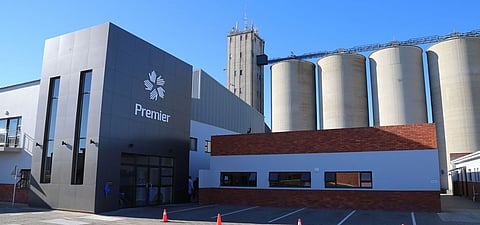Premier Foods Limited
Investing
Premier Foods powers ahead: Earnings up 27% as efficiency and smart pricing pay off
Despite a deflationary backdrop, Premier’s disciplined cost control, margin expansion, and the planned RFG acquisition position it for major scale on the JSE.
Key topics:
Earnings up 27%, margins expand despite grain price deflation
RFG acquisition to boost revenue by nearly R8 billion
Strong cash flow, lower debt, and growing international sales
Sign up for your early morning brew of the BizNews Insider to keep you up to speed with the content that matters. The newsletter will land in your inbox at 5:30am weekdays. Register here.
Support South Africa’s bastion of independent journalism, offering balanced insights on investments, business, and the political economy, by joining BizNews Premium. Register here.
If you prefer WhatsApp for updates, sign up to the BizNews channel here.

